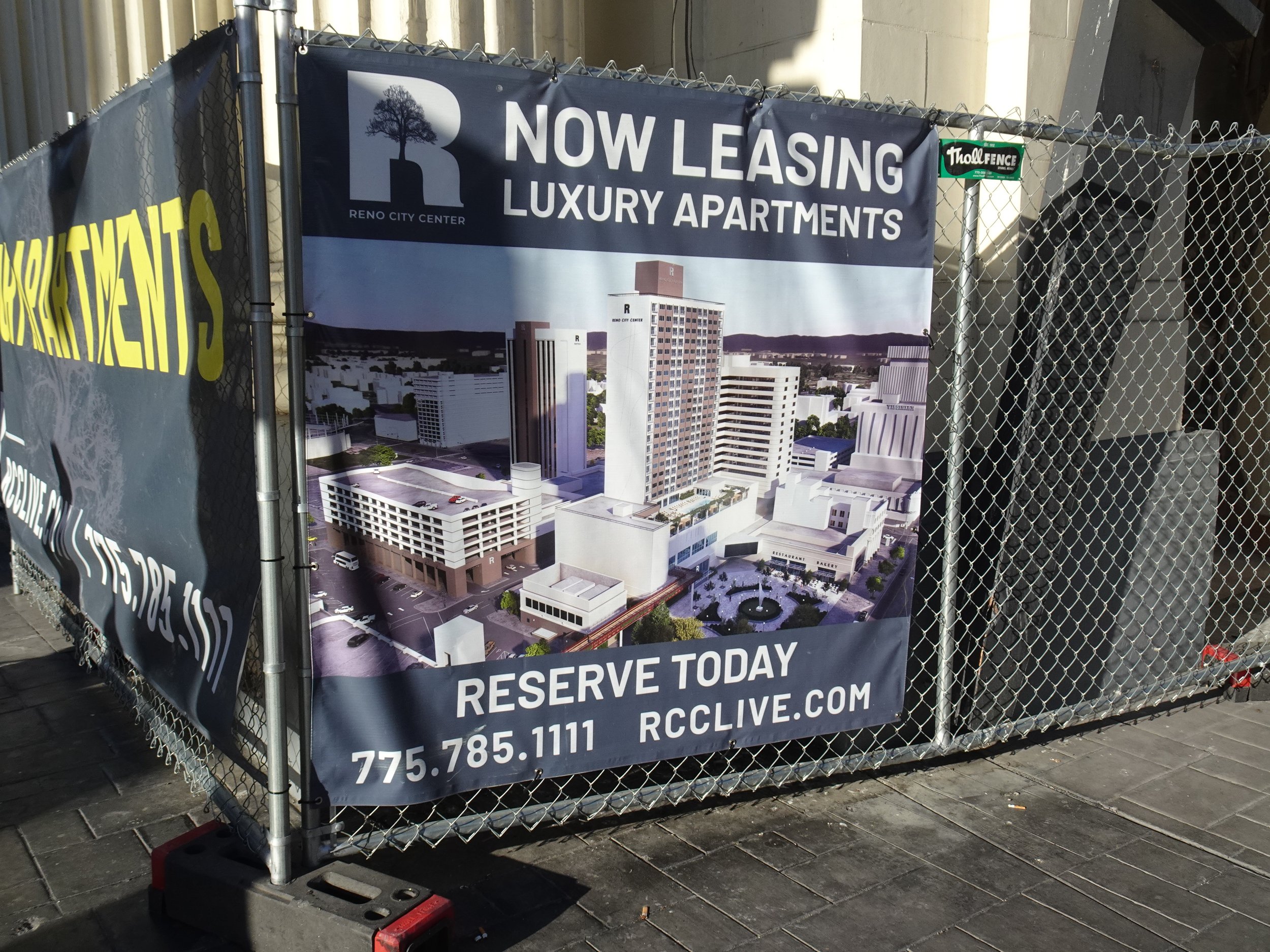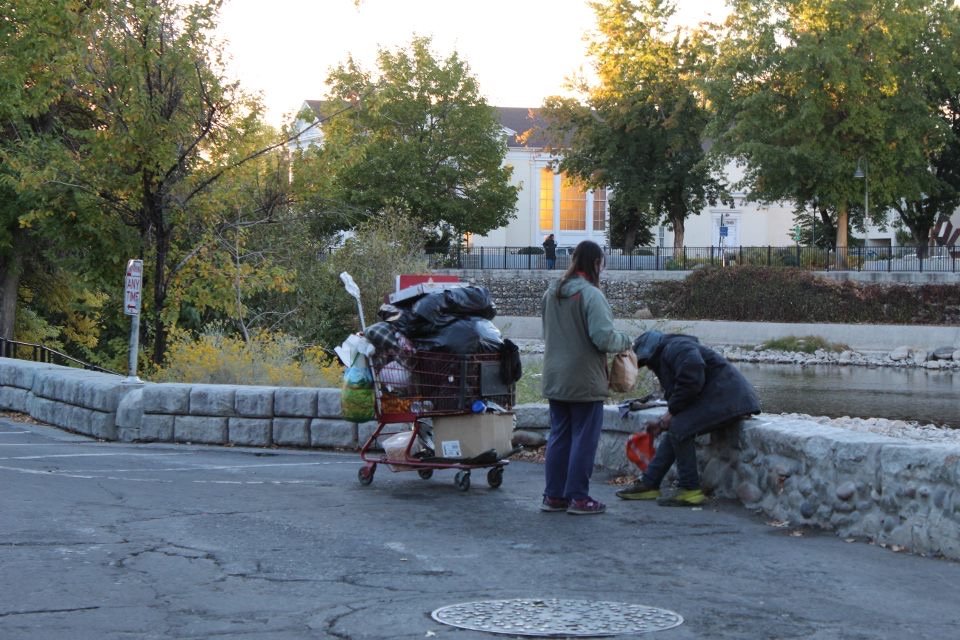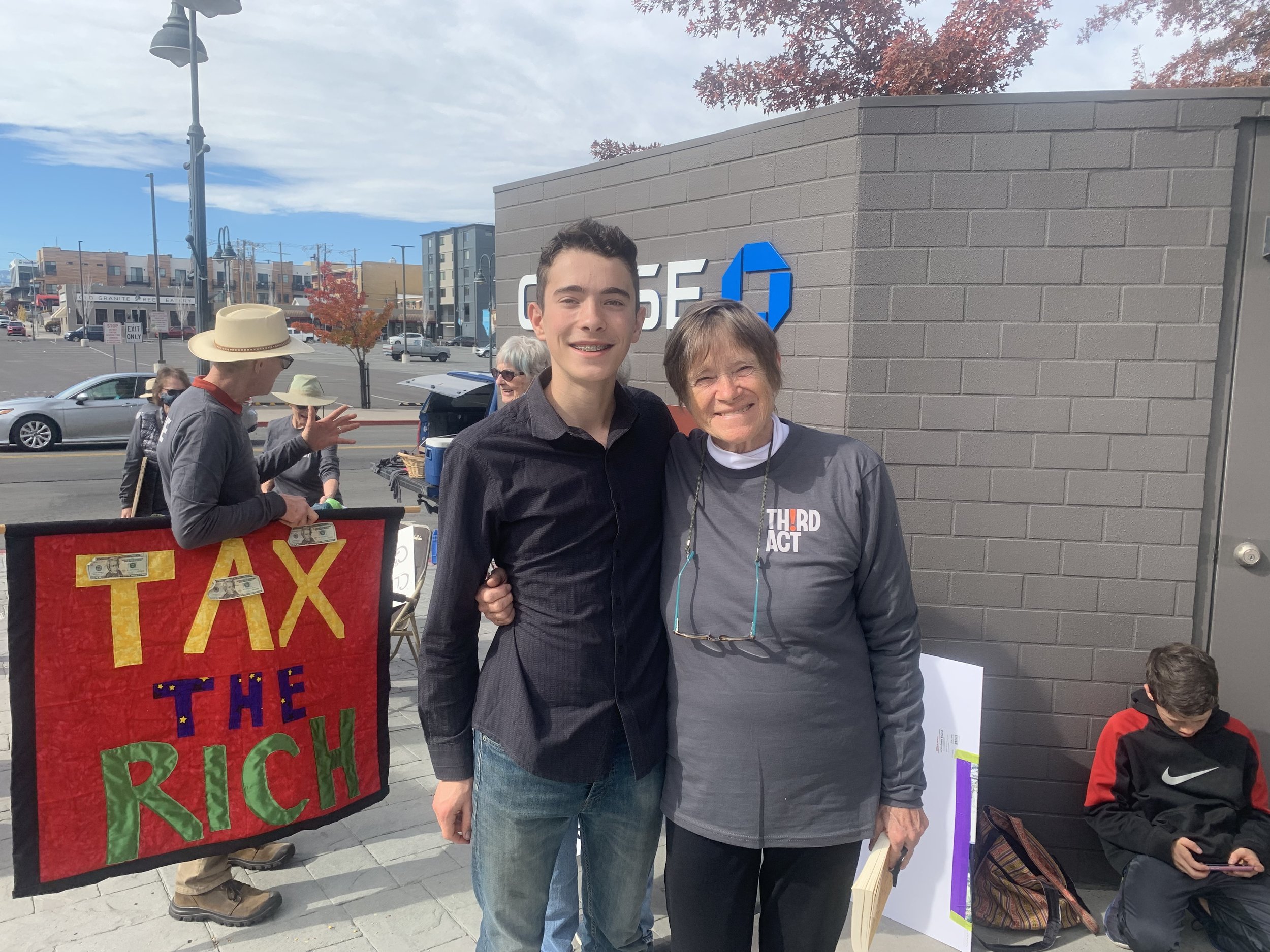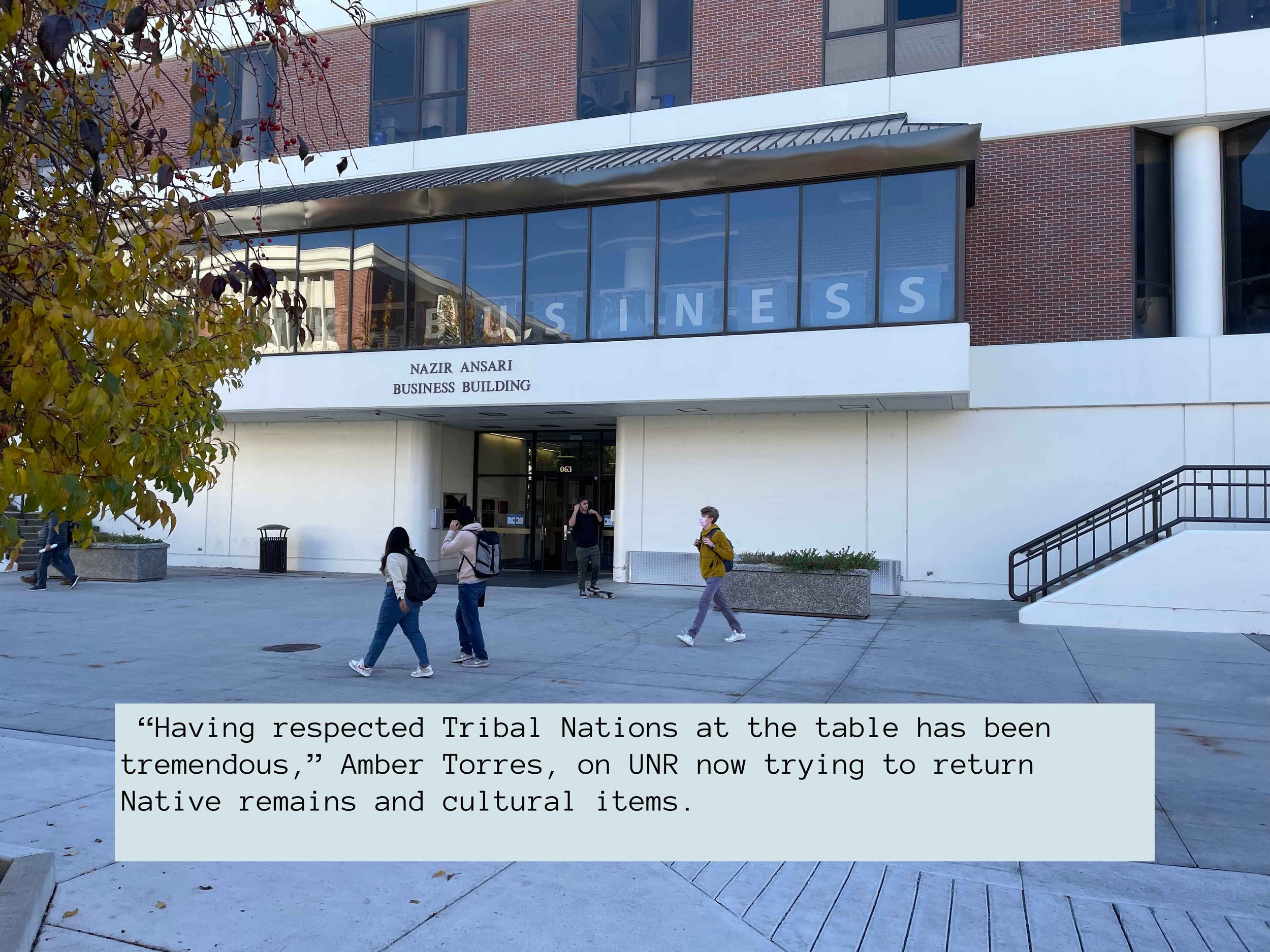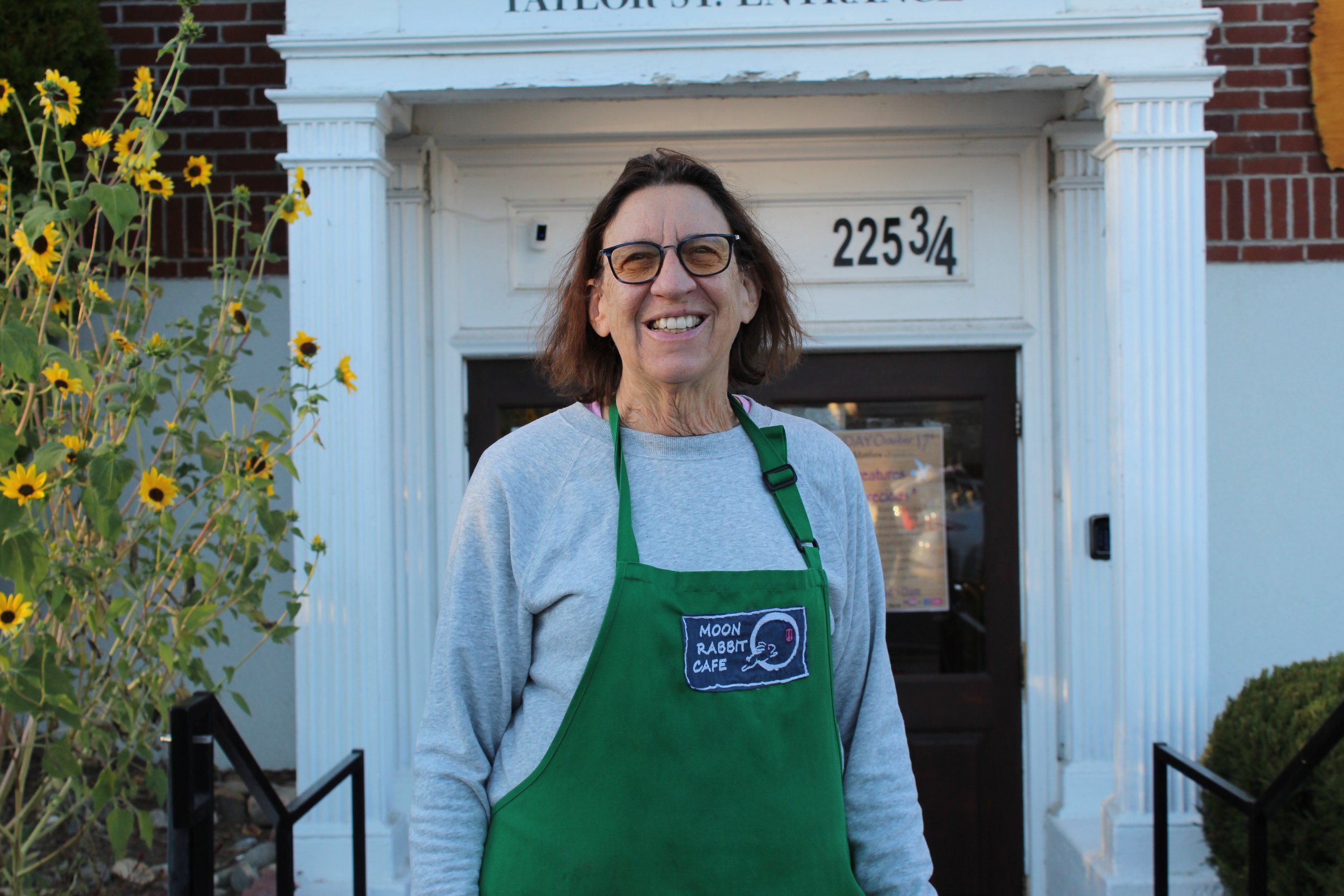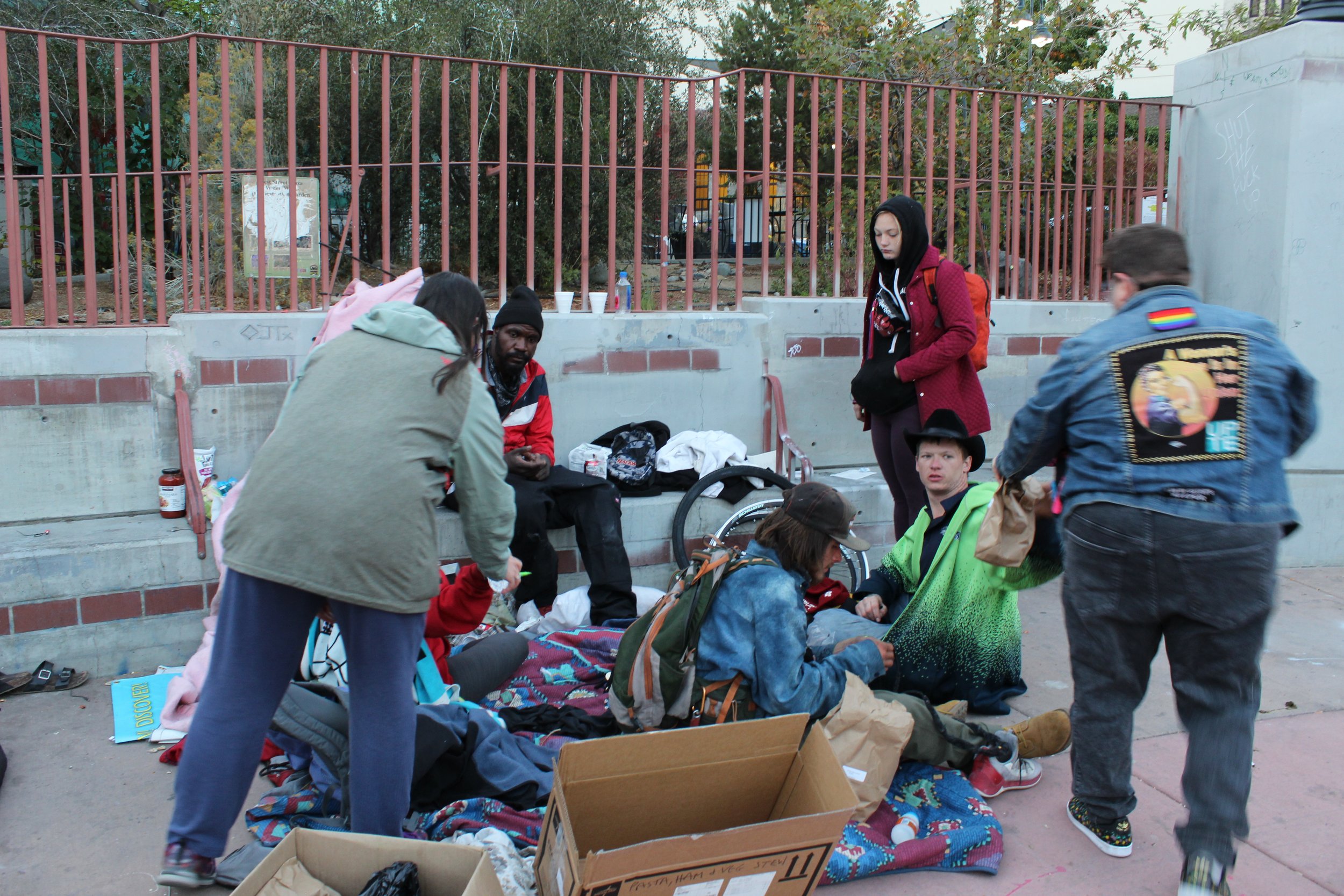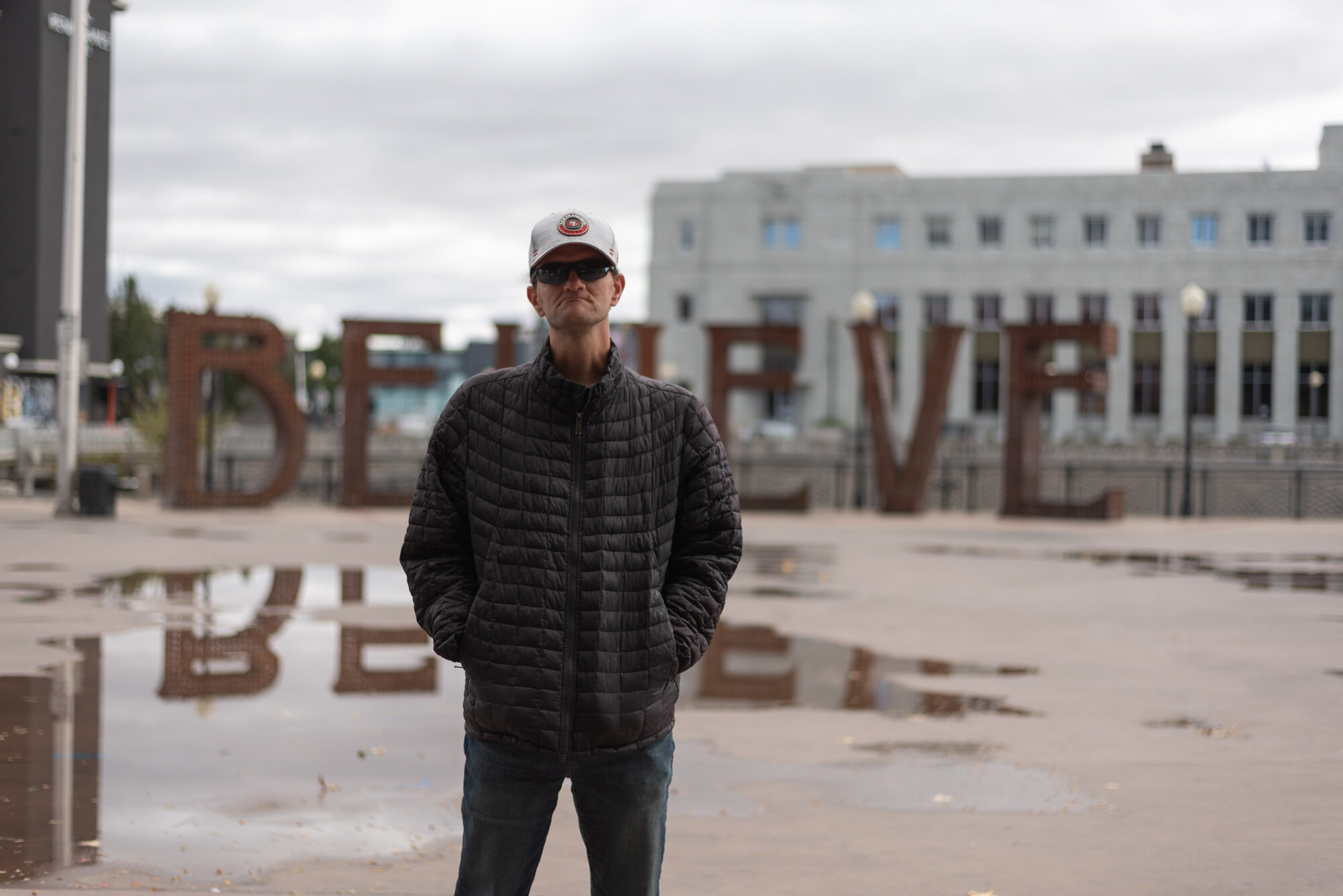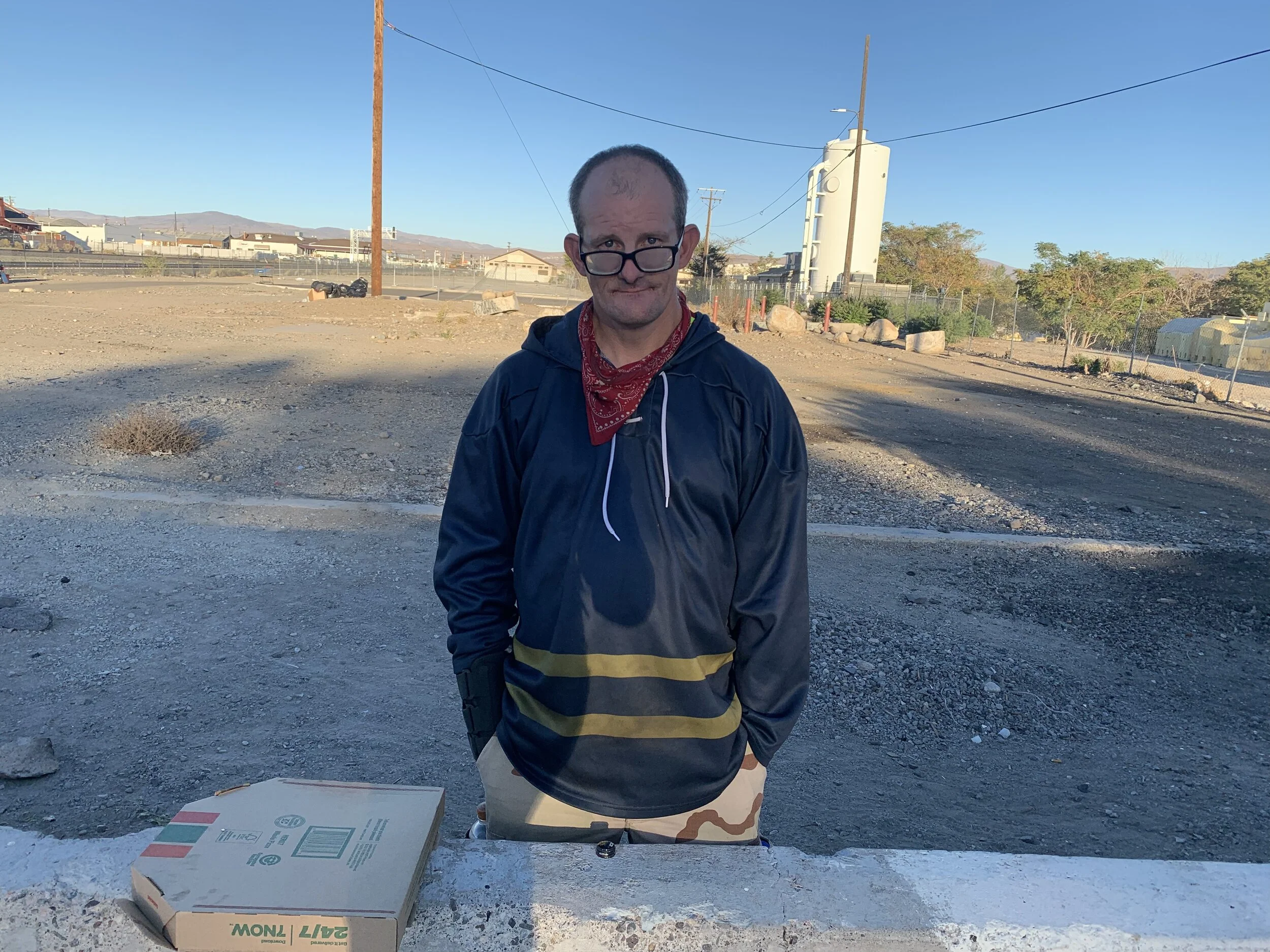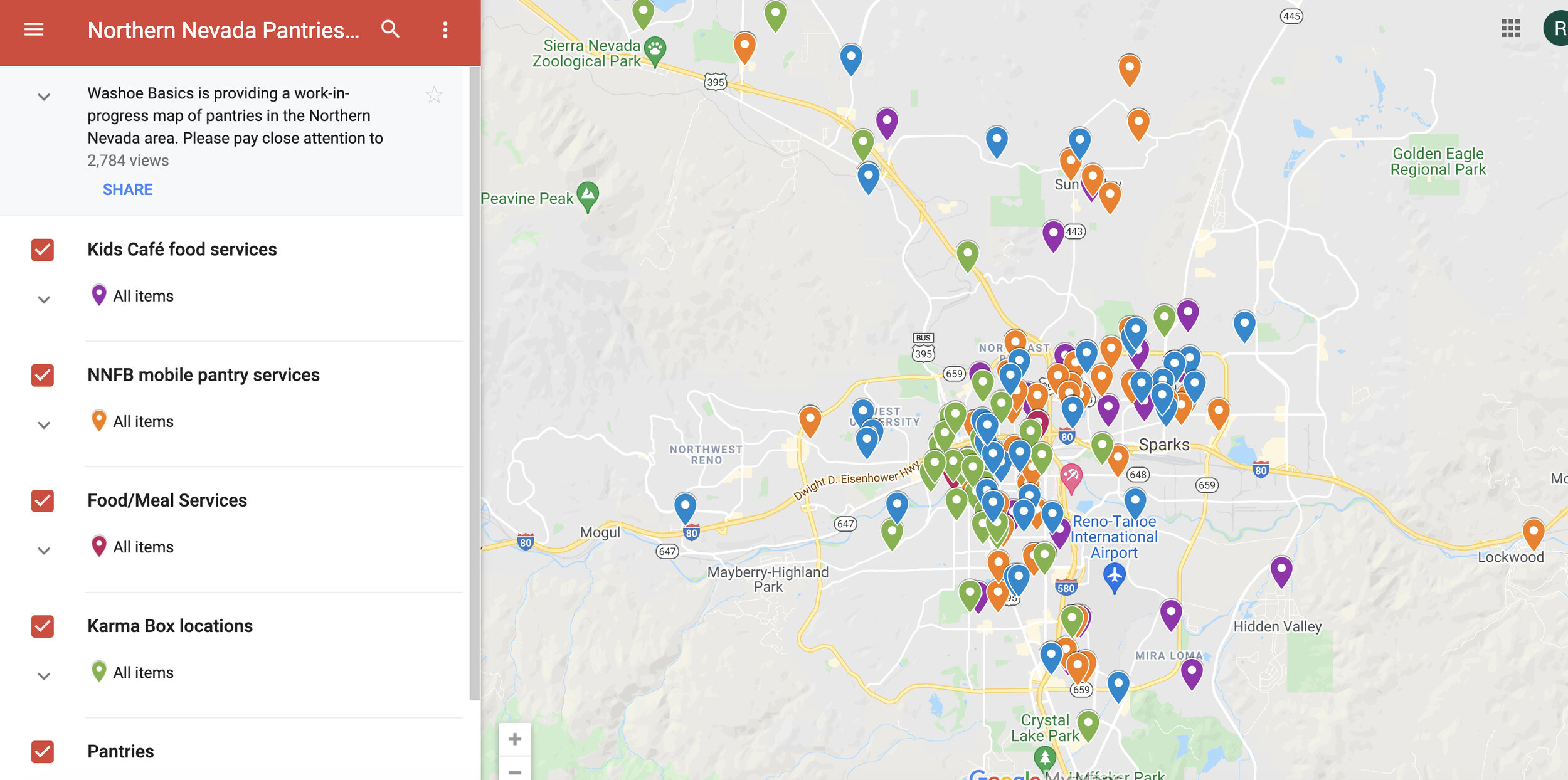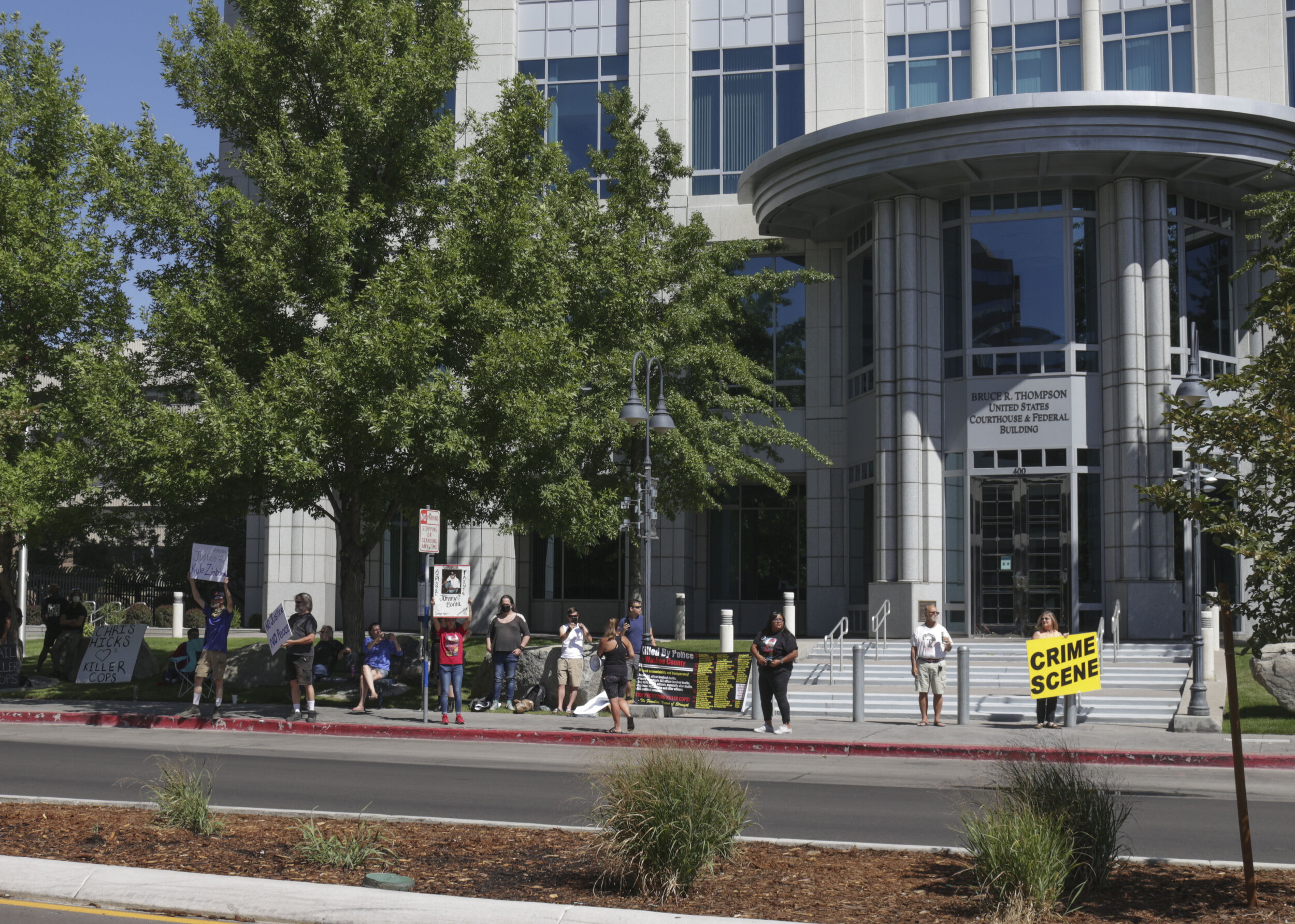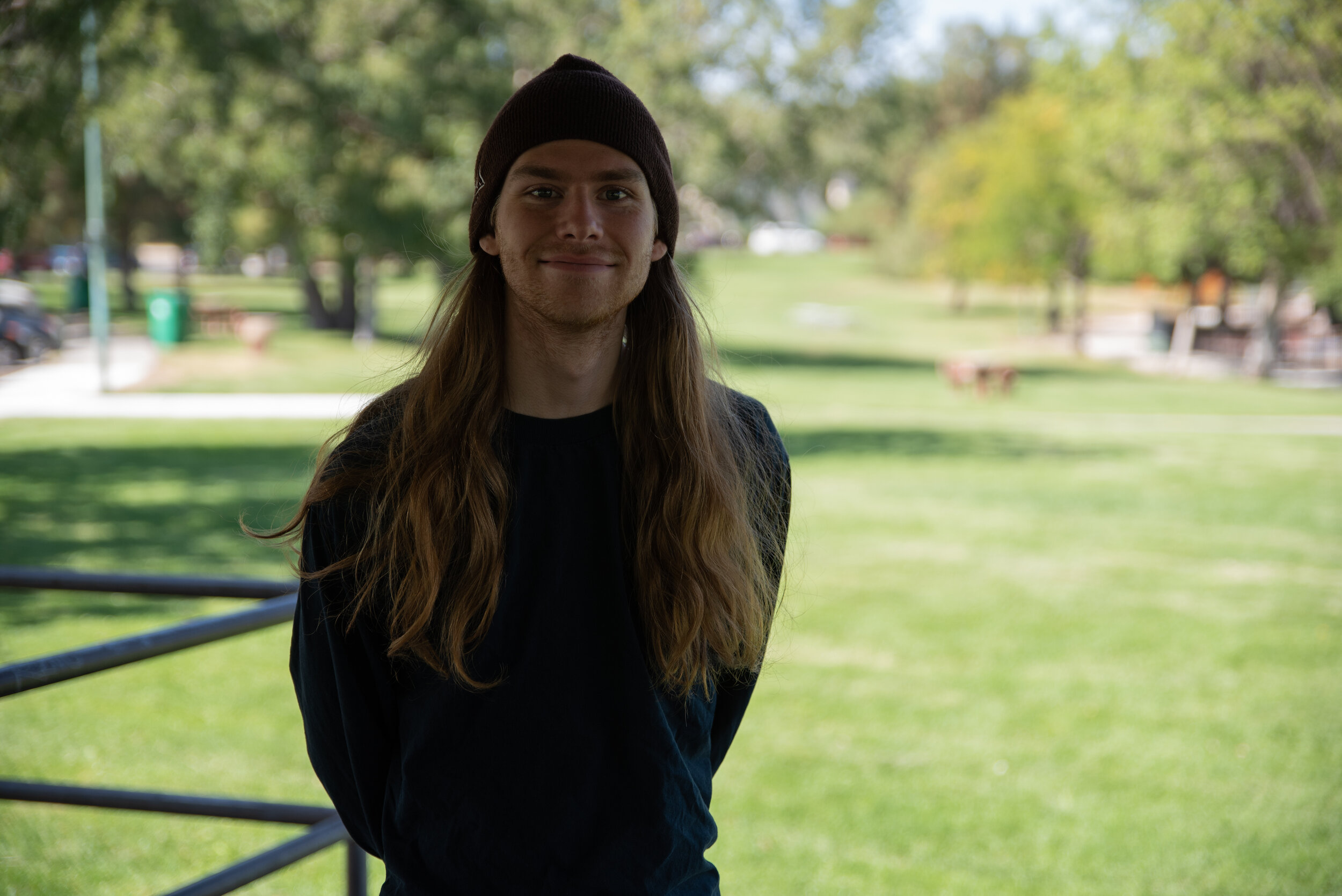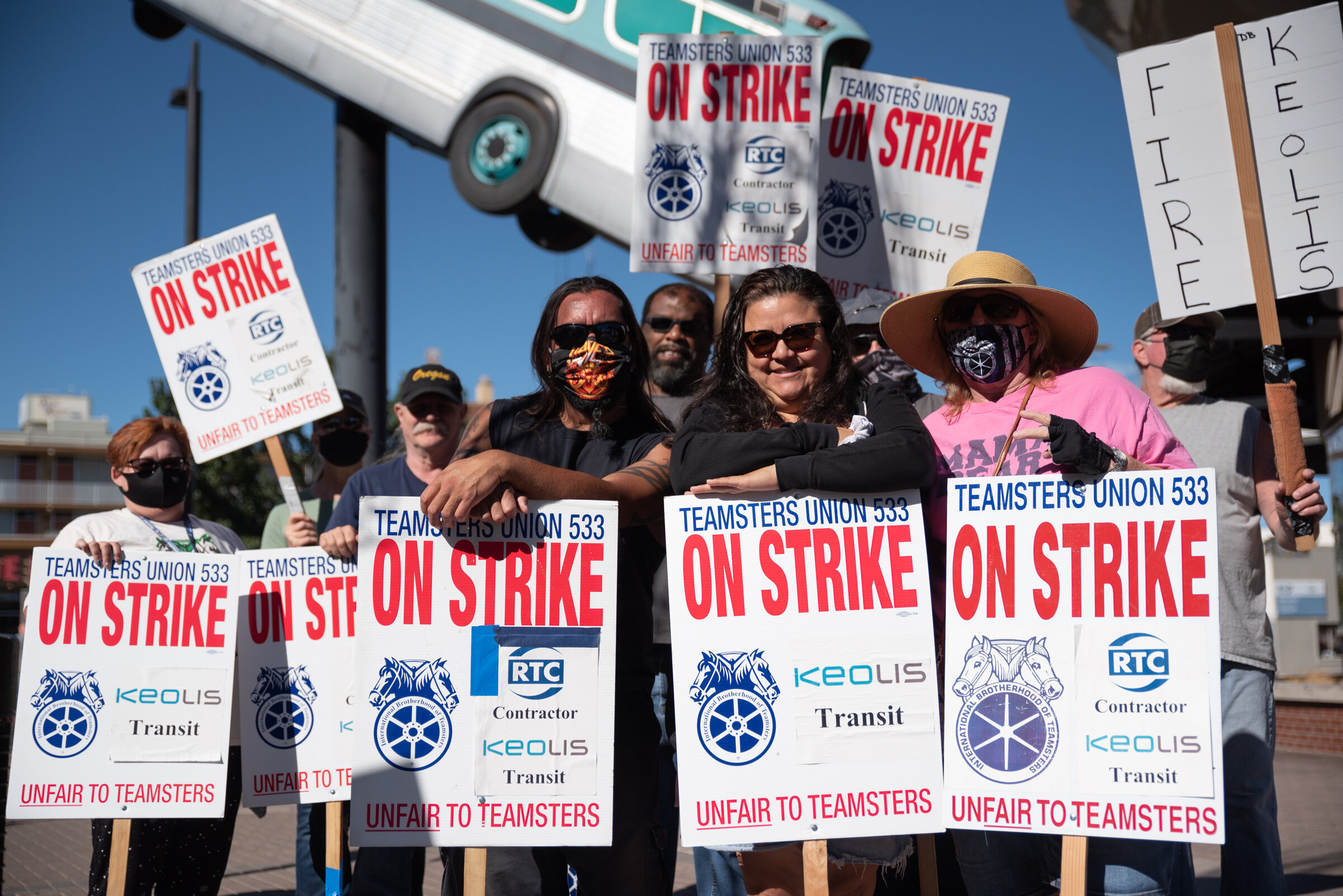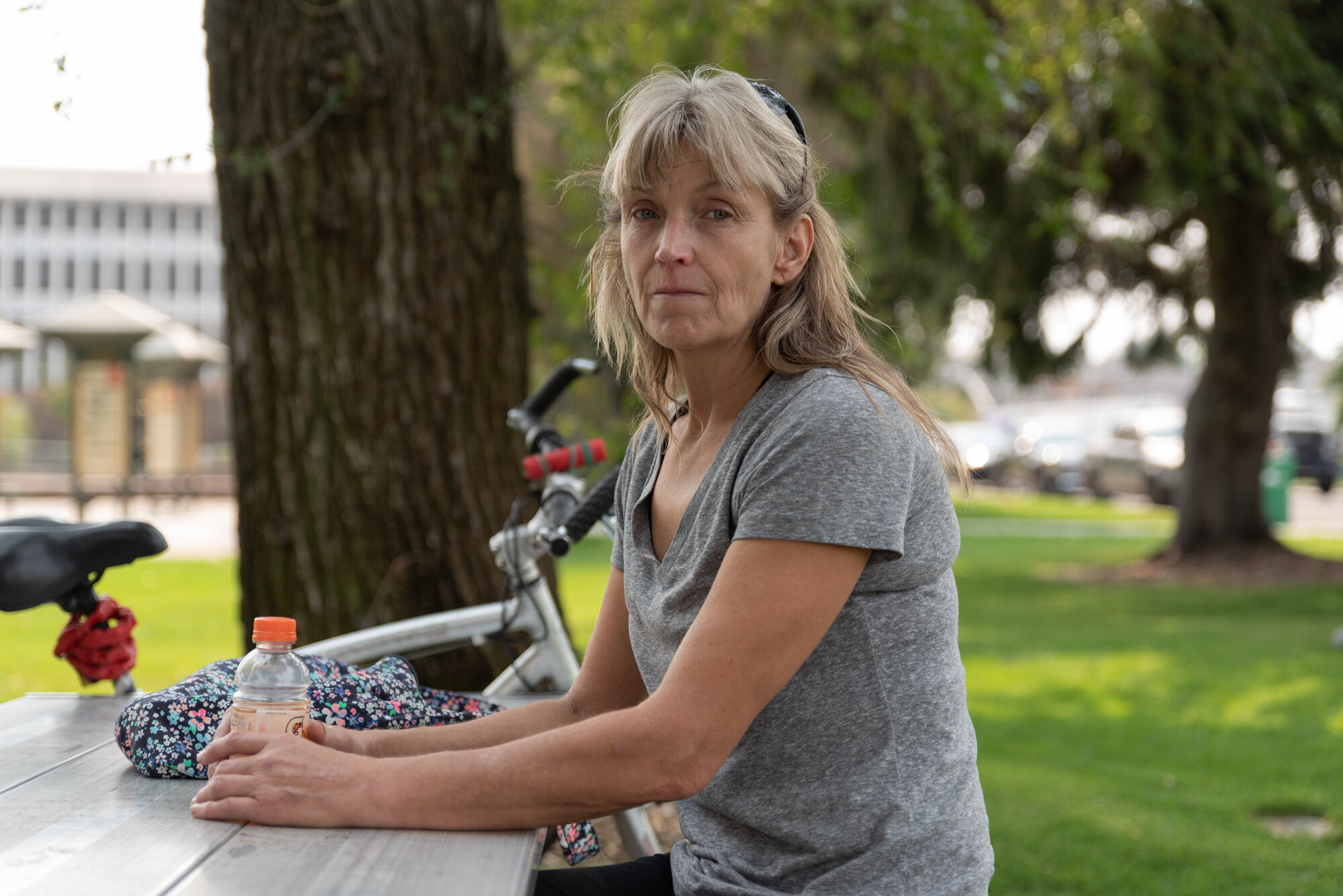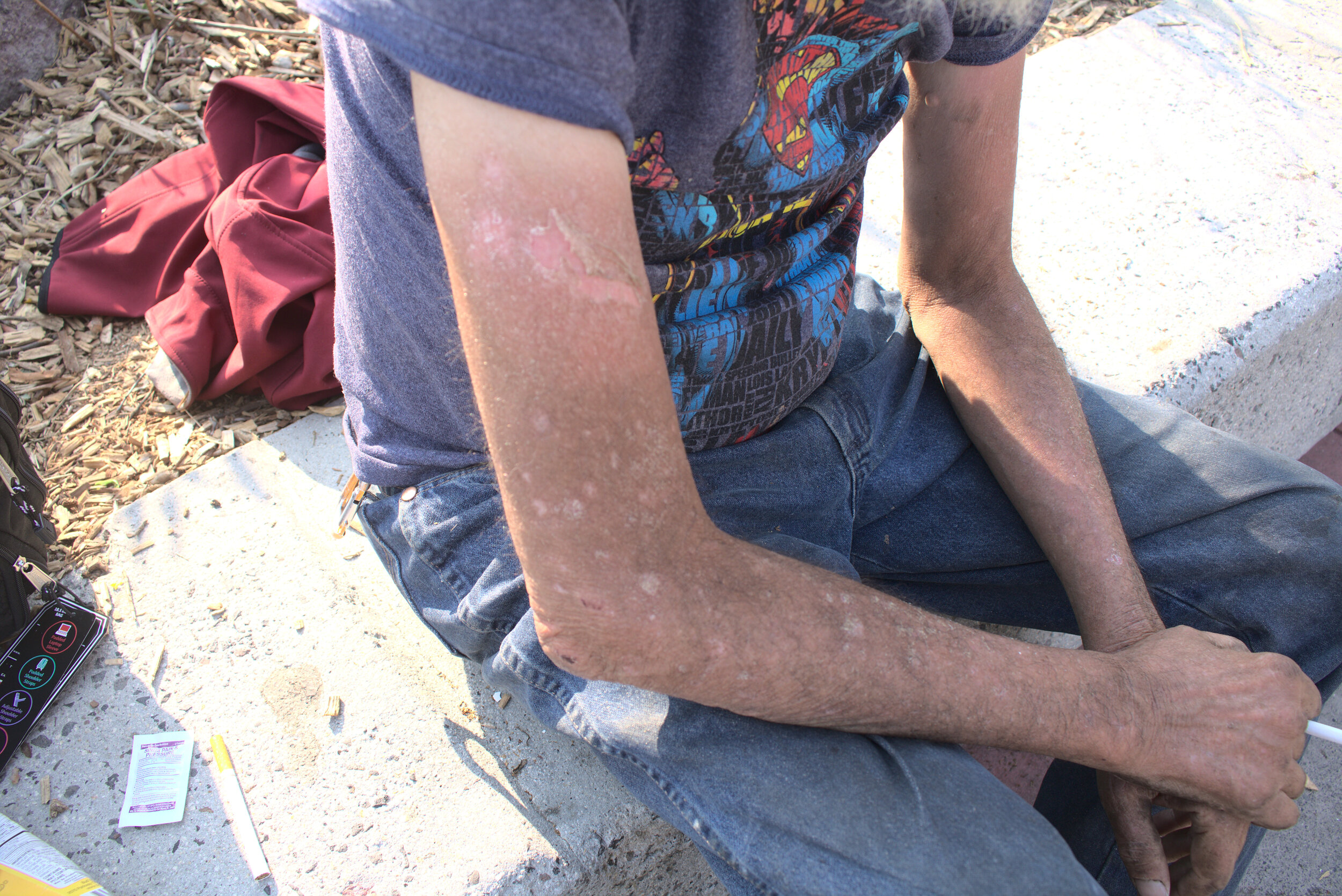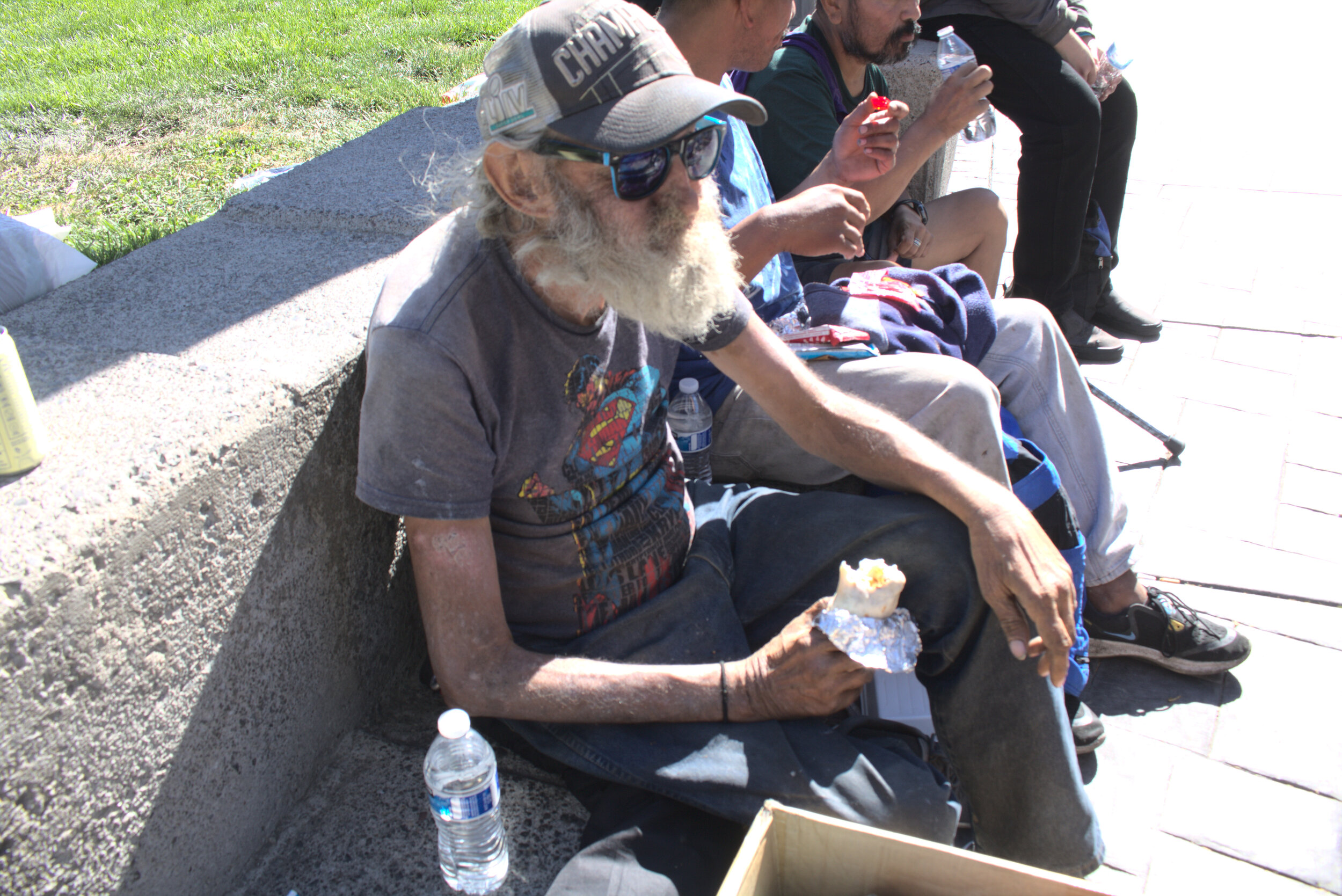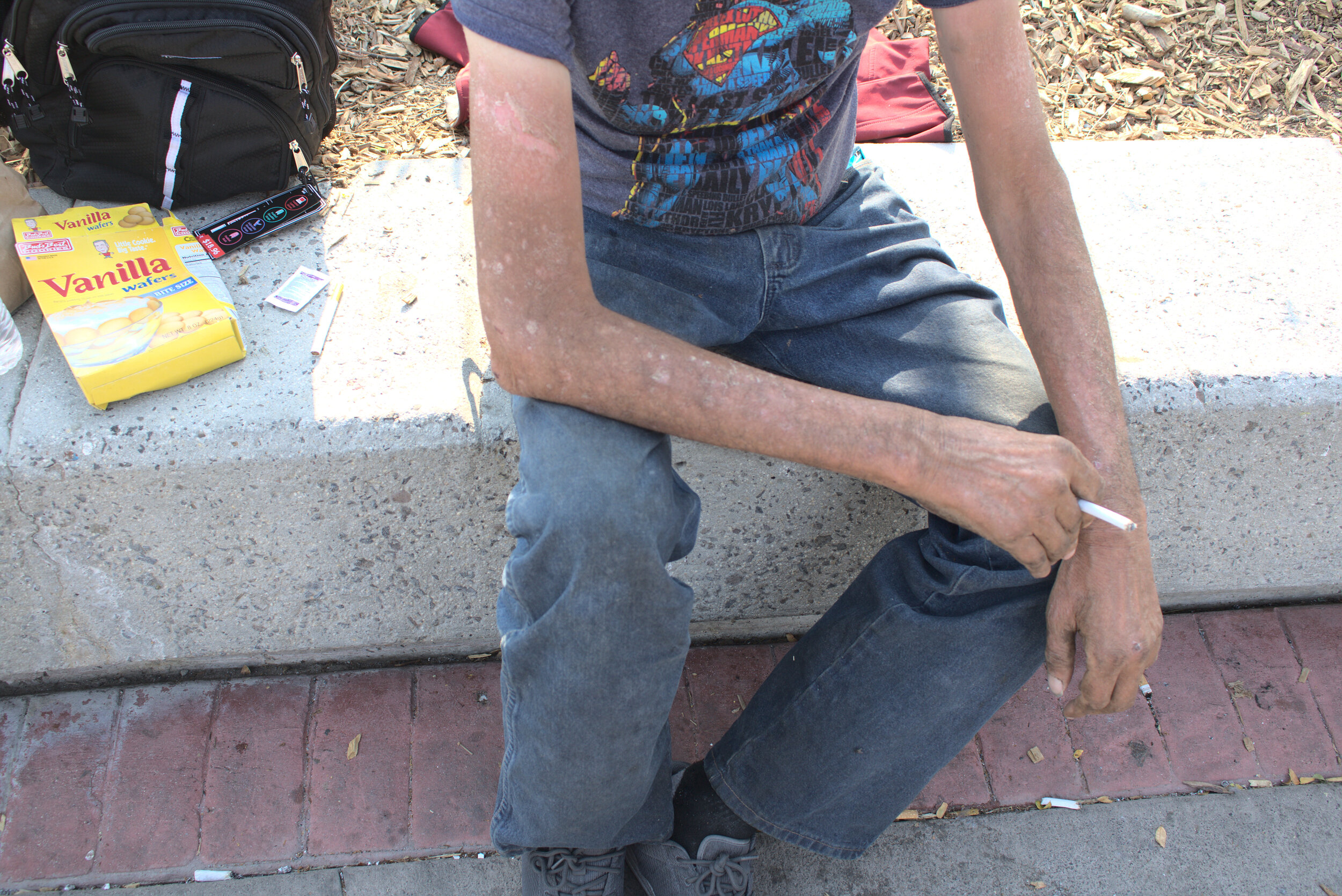When Henry Sotelo was 18, he came to Reno with a friend who wanted to check out the University. His friend never attended the school but when Sotelo set foot on the campus, he fell in love. “I just loved the place and I’ve been here ever since,” he explained.
From graduating as a journalist from the Reynolds School of Journalism to performing different jobs in the legal industry, Sotelo has called Reno his home for almost 4o years. His early education he says was useful for what has since come his way.
“With journalism it was so good, it was a great framework for me to learn how to interview people, talk to people, [and] interact with people,” Sotelo said. He said he always had an interest in law and journalism helped establish a solid foundation for him. Eventually he would realize journalism was too passive.
Sotelo grew up in Oakland, California. The son of a blue collar worker, he remembers moving every few years to a new house. He recalled in our conversation when San Jose, the Silicon Valley of today, was nothing but groves of fruit trees. Despite being raised in the East Bay, Sotelo’s accent reminded me of a character out of New York City. He has heard this before and can not figure out why. But he rolls with it.
His career did start out in journalism.
“I enjoyed it, the connection, I enjoyed city coverage,” he said about his time at the Sparks Tribune, a now online-only news site. As months in journalism churned on though, he says, “I just wanted to find out more information about how I can be more involved directly with the law.” He had a foray into magazine printing and ran a small one out of San Francisco.
“But I eventually came back and got into law,” he said. “I came and practiced in Reno because I enjoy the Reno area.” He started with criminal law at the district attorney's office, headed then by Mills Lane, a former boxer, also known as a referee (in the famous Mike Tyson / Evander Holyfield bite fight), television personality and well-known lawyer. Sotelo saw this as an interesting era in Reno where he learned a lot. His next move was working for ten years as a prosecuting attorney for the city.
“Now I’m doing defense work with the same court, the Reno Municipal Court,” he said, explaining the twists and turns. Sotelo enjoys the accessibility he has with folks in this small scale court system. Many of the people he sees are first time offenders who Sotelo sees as people who need a break from whatever they had going and a nudge in the right direction.
A screengrab explains the Specialty Courts in Reno, which now include a Fresh Start DUI Program, Co-Occurring Disorders (COD) Court, a Young Adult Offender (YAR) Court, a Veterans' Treatment Court (CAMO-RNO), and the Community Court (CC).
When Sotelo was at the District Attorney’s office he recalled the mentality was all about getting criminals behind bars, no matter the crime. “There was no talk about any kind of trying to steer folks, to get them help, to prevent the recidivism,” he said. He recalls judges telling offenders to simply not come back. Kind of like slapping a hungry person on the hand for stealing a loaf of bread rather than feeding them a meal.
“That was basically the way to try and talk people from coming back,” Sotelo explained, something he knows does not work.
“Folks don’t really understand the structure which I think is a big problem,” said Sotelo. He believes people should have to take a law 101 course in order to learn how courts function in society today, beyond what is portrayed on Netflix. Maybe this is the teacher in him recruiting students. Another Sotelo occupation now involves teaching law at Truckee Meadows Community College.
The Reno Municipal court where Sotelo spends a lot of his time deals with misdemeanors which are punishable from zero to six months in jail and up to $1,000 fine. These infractions must occur within the city limits of Reno. Sotelo explained the most serious crimes he works with are domestic batteries and DUIs, which are both misdemeanors for the first and second offense.
There are four departments within the court now as the city has grown. Sotelo says that within the next decade there will have to be another one added, “so many folks are running through, especially now that we’re working with the specialty courts.”
After many people were coming back into the court system with multiple offenses, former Judge Paul Hickman applied for a grant that would help establish a specialty court which would help address the underlying issues many of these people were contending with, including alcohol and drug abuse and mental health issues. This was modeled after a court in Albuquerque which came out of the methamphetamine crisis.
“Over a long haul, 12 to 18 months, you’re continually seeing these clients,” explained Sotelo. A team of folks are now able to work with these people to help them sort through the underlying issues that led to the crime in the first place. “Then bringing in resources to deal with those problems.”
Sotelo has seen people return time and time again into the court system if these issues are not treated. He believes it is close to an 80% return rate without treatment. With treatment, he has seen the number drop in half saving the courts, and in turn, the local taxpayer money while helping community members get back on the right track through these specialty courts. Helping one person has a ripple effect through the family and friends of that person and to Sotelo, this ripple continues into the community, and to him, it is the most important by-product of the specialty courts. He has seen clients re-establish relationships with family members that had fallen by the wayside.
This program which also includes clinical treatment for substance abuse helps people who may have lost trust in the court system get back on track. Frequent and random drug tests are also part of the program and through this tough love approach it helps steer people away from the easy button of drugs.
“We’re bringing therapists into the courtroom,” Sotelo said. “Bringing in folks that understand the long term drug use and the harm it has...and how to treat that.”
Each case is examined on an individual level and helps each person get to a place they can succeed from. Job seeking and help is facilitated in this program and community service is a way to help people build job skills.
“Showing folks where these resources are because when you're doing your alcohol or drug haze, or whatever you’re into,” explained Sotelo, “you’re not thinking about anything outside that little bubble you’re in.”
The foundation of these specialty courts are mandatory and frequent appearances in court. This establishes accountability. Beyond this Sotelo explained there are small rewards that come with progress and solid behavior. Nothing large but simple things like a gift card to a local coffee shop. Along with support and encouragement, all of these steps help direct single and multiple offenders back towards a healthier life. A branch of this court is held at the county library downtown. This community court is specifically for the unhoused population, which according to some estimates has increased by nearly 900% in the past four years. These courts are also a warm, safe place to get off the streets for a day and have access to services.
One of the most challenging things the unhoused face is losing important documents that are required to get a job or housing. Often, these are lost in a police sweep where their possessions are treated as trash.
“Get them in there, give them something to eat, and also talk to them,” explained Sotelo of the new approach. This community court is staffed with social workers who can help address the individual needs of our neighbors in need. The goal is to get people a place to stay that is not on the streets. Sotelo recently talked with a person who was doing well.
“When I first saw him he was not in a good place,” explained Sotelo. Through the community court this person was able to get back on track. Sotelo asked him what led to the success. He said: “they found me a place to live.’”
“If you got a place to live you got a great foundation to get a little stability,” Sotelo said of the long term goal of some of the most difficult cases he works on. “It really hits home..and I believe that [housing] is the key issue for these folks.”




